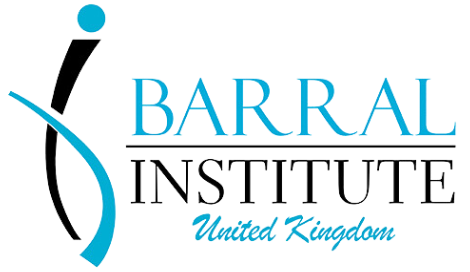
Manual Approach to the Brain 1 (MAB1) - previously known as Advanced Visceral Manipulation for The Brain 1.
Course Length: 3 Days, 18 hours course time
Synopsis: This course explores a comprehensive approach to the brain using visceral manipulation approach.
Prerequisite: LT1 or VM6 prior to 2008.
Jean-Pierre Barral has been interested in the brain for over forty years. After treating many people with head trauma, stroke, brain diseases, and psychomotor disabilities, he has developed original techniques to help these patients. Barral demonstrates how to work simply with what is considered the most complex organ of the human body—the brain. He addresses the brain and its associated nervous and vascular connections as the ‘content’ of the human head, which, characterized by its bony and membranous enclosure, is regarded as the ‘container.’
The course is organized into two parts—a structural approach and a functional approach:
--The structural approach is aimed at the vascular, nervous, meningeal, ocular, barometric, and cerebrospinal fluid circulation systems.
--The functional approach explores the sense of smell, hearing, sight, language, coordination, proprioception, emotions, etc.
Email to register interest in attending this class when next scheduled.
Manual Approach to the Brain 2 (MAB2) - previously known as Advanced Visceral Manipulation for The Brain 2
Course Length: 3 Days, 18 hours course time
Synopsis: This course explores a comprehensive approach to the brain using visceral manipulation approach.
Prerequisite: LT1 or VM6 prior to 2008.
Having completed MAB1, MAB2 is a continuation and expansion of the concepts introduced in MAB1 to include more structures and functions in the brain. This class includes working with:
The ear
Language
Pain
Emotions
Memory
Balance
The pituitary and hypothalamus
Email to register interest in attending this class when next scheduled.
Manual Approach to the Brain 3 (MAB3)
Having completed MAB1&2, MAB3 focuses more on working with patients with particular conditions. The material assists manual therapy practitioners to view systemic diseases in a new light. This includes discussions about such conditions as Parkinson’s disease, Alzheimer’s disease, and Multiple Sclerosis. Such pathologies and the limitations of manual therapy with regards to helping people with these conditions will be discussed, as well as how a manual approach to the brain may transcend these limitations and help alleviate symptoms that people are experiencing due to these diseases. Barral shares how precise manual therapy may encourage the central nervous system to self-repair and thus may help people with certain conditions. The practitioner will also learn ways to help people who have had a stroke or ictus.
Because the brain is inherently plastic, the tools that the practitioner will learn enables him or her, in Barral's own words, to help restore 'inner bridges' within the brain, which is vital to the life of those facing difficulties.
In short, the principle underlying this work is the striking of a balance between the ease of minimum manual effort and the finesse of maximum manual precision.
Email to register interest in attending this class when next scheduled.

